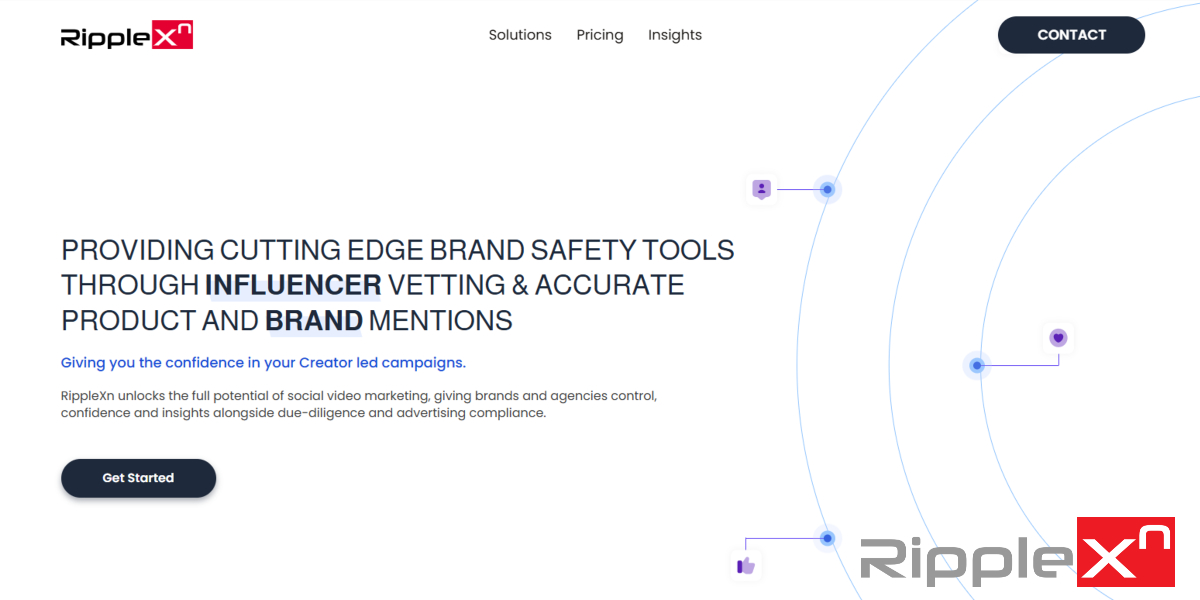Global regulators are starting to actually take on big tech. Even the talented Kim Kardashian managed to fall foul of the SEC (reported in BBC 3rd Oct) for alleged market manipulation of a crypto product.
Over the past year, several developments have occurred, with the United States being a main driver of these changes. This new regulatory approach demonstrates the seriousness of digital compliance.
The USA
In June 2021 a new Chairperson of the Federal Trade Commission, Lina Khan, who had been very critical of Big Tech and the market power of many actors in this sector.
See how the New York Times article discusses the Khan appointment. Then on the 1st July 2021 shortly after the Khan appointment, the US FTC signalled the intent to enforce transparency regulations of the FTC Act in the digital market context. Then, on 13 October 2021, the FTC sent warning letters to over 700 companies informing them of intent to enforce the transparency provisions of the act. The Act has been in existence for decades and provides financial penalties of $43,735 per violation per day for non-compliance. Influencers who fail to disclose that they have been compensated by a brand are in breach of these provisions.
The FTC has already begun issuing fines for the failure of influencers to comply with the FTC Act on digital platforms. The settlement of the Teami LLC case involved a stipulated settlement for a fine of over $15,000,000. The FTC also fined Fashion Nova LLC $4,200,000 for misrepresentation on digital platforms.
Further proposals for regulatory reform are under development in the United States as enforcement expands. One US Senator proposed a new Federal Digital Platform Commission which would have specialised capabilities and new enforcement powers.
In order to be liable to US enforcement, one does not need to be based in the USA. All that is needed is to substantially impact the US market and consumers. Foreign-based actors can be liable to the US FTC for actions taken outside the USA. This is why we deem the risk of US enforcement action to be a substantial risk for companies based in all parts of the world. Indeed, many of the 700 companies which were issued warning notices are based outside of the USA.
The rest of the world
The USA gets a lot of attention due to the severity and size of the FTC fines, and also because of the wide remit of the US FTC. But we have also been paying close attention to developments in other jurisdictions, including the UK, EU, Australia and several others. These include:
The UK
An Online Advertising Programme consultation by the UK Department of Culture, Media, and Sport in May 2022 which outlined the intention of the UK to increase regulation in this area and restructure the regulatory and enforcement regime. RippleXn submitted feedback to the government consultation.
The EU
The adoption by EU Parliament in July 2022 of the EU Digital Markets Act and the Digital Services Act. These two pieces of legislation will overhaul the regulation of the digital sector in the EU Member States. Texts of both acts can be found here and here.
Australia
The Australian Association of National Advertisers (AANA) has taken enforcement action against two companies (Cygnett and Thermonix) for sponsoring influencer content which was not clearly labelled as such. Both companies were determined to have violated the AANA Code of Ethics for influencer content.
More and more verticals are gaining increased scrutiny
There are movements in other industry verticals.
Recently there was this article in the UK's BBC news: where influencers were not declaring commercial relationships with financial institutions.
Financial service marketing is highly regulated and in our future plans.
The rules for all FCA-compliant advertising needs, "Financial promotions must explain the issues of unaffordable debt and missed payments, even if the product itself is unregulated."
With the current cost of living crisis, the buy now pay later companies have been too aggressive and need reining back.
An article from June 15th 2022 is all about how the FTC is set to update the rules on social media advertising. The volume and frequency of fines, update, proposal and news coverage is building.
Some other reading
Conversations are primarily on the US law enforcement but it is worth mentioning a growing movement in the news.
Here are some long read examples.
- In the UK’s Guardian
- In the Financial Times
- The Metro newspaper
- Over in the trade press there are roundups
- Over in Poland
In summary
As influencer and creator marketing gathers pace, marketing budgets switch to this proven and effective marketing channel and the ability to monitor social media is becoming possible, the old ways of checking compliance are no longer the best efforts.
How many team hours can you save by using RippleXn's advertising compliance and performance reporting?
Do you know what is in your social media blindspot?
Talk to us about early access and joining a trial. Use the contact form.






